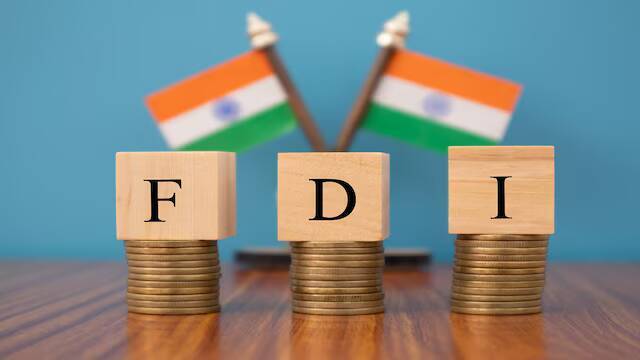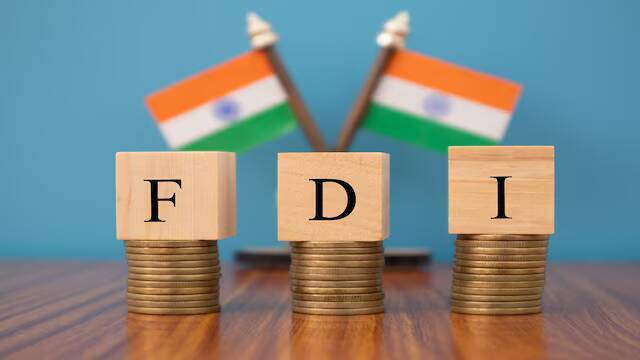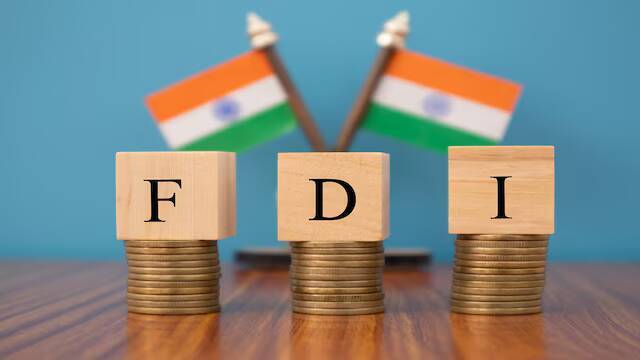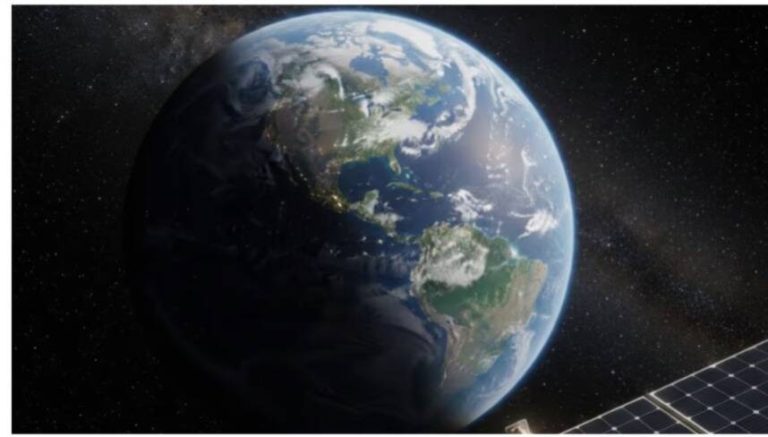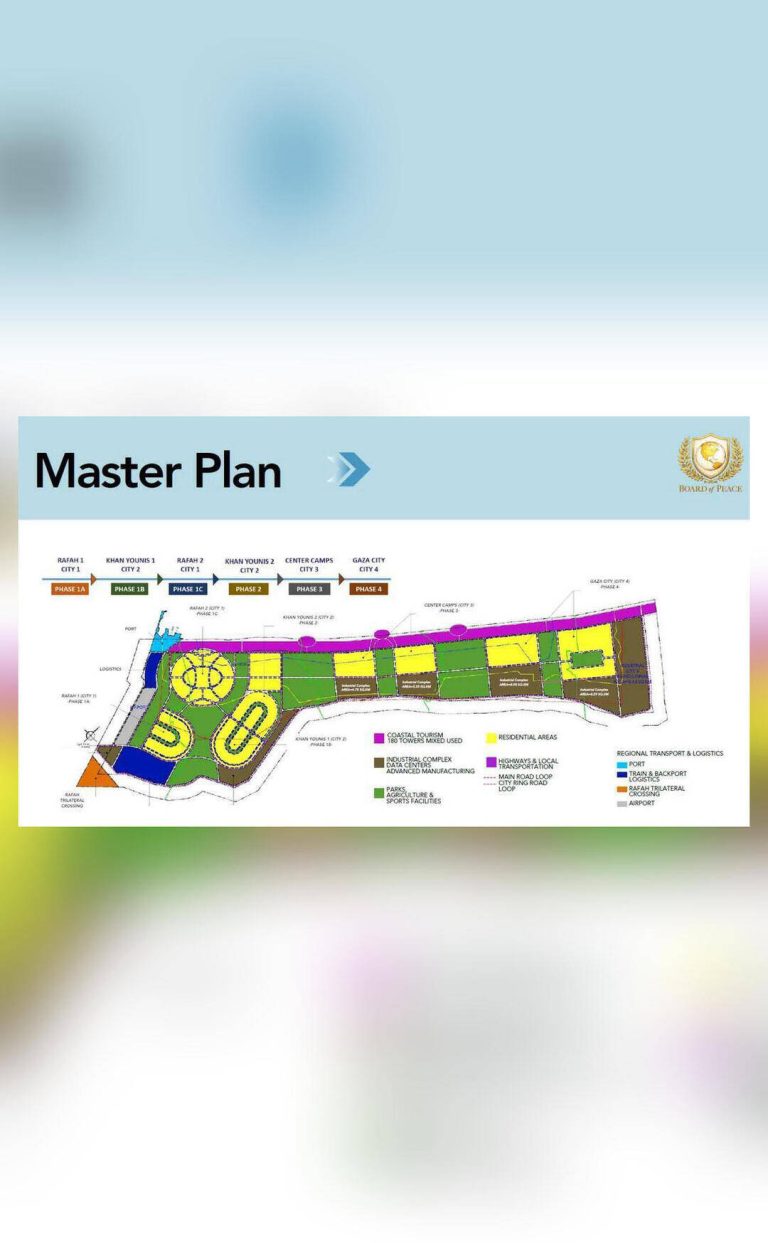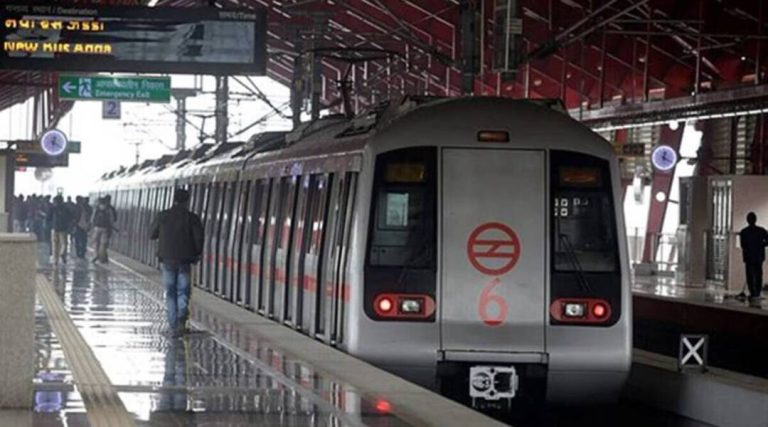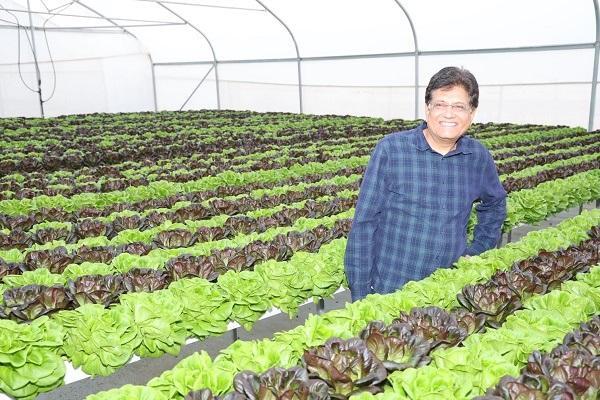
Piyush Goyal explores tech & sustainability in Israel
As part of his ongoing visit to Israel, Commerce and Industry Minister Piyush Goyal has been actively engaging with the country’s innovative ecosystem, exploring cutting-edge technologies and sustainable practices that can be replicated in India. During his visit, Goyal experienced firsthand the world-class mobility technology that Israel has to offer, as well as community-driven sustainable agriculture initiatives that have the potential to transform the way India approaches farming.
One of the key highlights of Goyal’s visit was his exposure to Israel’s renowned mobility technology. The country is home to a thriving startup ecosystem, with many companies working on innovative solutions for electric vehicles, autonomous driving, and smart transportation systems. Goyal had the opportunity to witness some of these technologies in action, including advanced public transit systems and electric vehicle charging infrastructure. This experience is likely to be valuable for India, which is actively seeking to promote the adoption of electric vehicles and reduce its dependence on fossil fuels.
In addition to exploring mobility technology, Goyal also had the chance to witness community-driven sustainable agriculture initiatives in Israel. The country is known for its innovative approaches to agriculture, including the use of advanced irrigation systems, precision farming techniques, and vertically integrated farming models. Goyal visited several agricultural communities, where he saw firsthand how these initiatives are helping to promote sustainable farming practices, reduce water consumption, and increase crop yields. These are all areas where India can learn from Israel’s experience, as the country seeks to promote sustainable agriculture and reduce its environmental footprint.
Goyal’s visit to Israel also marked an important milestone in the trade relationship between the two countries. During his visit, he announced the launch of negotiations for a free trade agreement (FTA) between India and Israel. This agreement has the potential to significantly boost trade between the two countries, which currently stands at around $5 billion. The FTA is expected to cover a range of areas, including goods, services, and investment, and could help to promote greater economic cooperation between India and Israel.
As part of his engagement with the Israeli startup ecosystem, Goyal also had the opportunity to witness other innovations that have the potential to be implemented at scale in India. These included advancements in areas such as artificial intelligence, cybersecurity, and renewable energy. Goyal met with several Israeli startups, including companies working on innovative solutions for healthcare, education, and financial inclusion. These are all areas where India is seeking to promote greater innovation and entrepreneurship, and Goyal’s visit highlighted the potential for collaboration between Indian and Israeli startups.
The potential for collaboration between India and Israel is significant, given the complementary strengths of the two countries. Israel is known for its innovative startup ecosystem, while India has a large and growing market, as well as a significant pool of skilled talent. By working together, the two countries can promote greater innovation and entrepreneurship, while also addressing some of the key challenges facing India, such as sustainable agriculture, renewable energy, and healthcare.
Overall, Goyal’s visit to Israel highlighted the significant potential for cooperation between the two countries in areas such as technology and sustainability. As India seeks to promote greater innovation and entrepreneurship, while also addressing some of its key development challenges, the experience of Israel has much to offer. By learning from Israel’s innovative ecosystem and exploring opportunities for collaboration, India can promote greater economic growth and development, while also reducing its environmental footprint.
In conclusion, Piyush Goyal’s visit to Israel was a significant step forward in promoting greater cooperation between the two countries. By exploring cutting-edge technologies and sustainable practices, Goyal highlighted the potential for India to learn from Israel’s experience and implement innovative solutions at scale. As the two countries move forward with FTA negotiations and other collaborative initiatives, the potential for mutual benefit is significant. India can learn from Israel’s innovative ecosystem, while Israel can gain access to India’s large and growing market. This partnership has the potential to drive significant economic growth and development, while also promoting greater sustainability and environmental stewardship.
